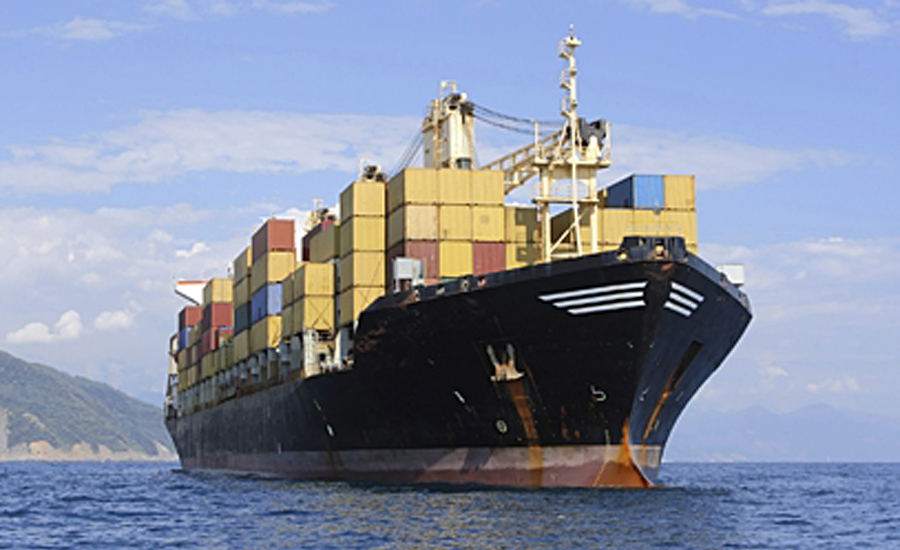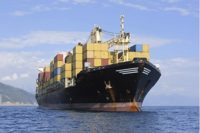Port Canaveral receives approval for cold storage pilot program
The USDA In-transit Cold Treatment Program allows direct import into southeastern U.S. ports of certain types of fruits and vegetables from South America, among other countries.

Port Canaveral, Port Canaveral, Fla., was named an official participant in the Southeast U.S. In-transit Cold Treatment Pilot Program by the U.S. Department of Agriculture, Animal and Plant Health Inspection Service. This pilot designation allows entry of in-transit, cold-treated containers of agricultural products originating in South America, including blueberries, citrus, and grapes from Peru; blueberries and grapes from Uruguay; and apples, blueberries and pears from Argentina.
"This designation for Port Canaveral is good news for logistics and supply chain managers importing agricultural products to meet the high-demand Central Florida consumer market. With our inclusion in this program and the port's close proximity by land and sea to this high-demand market, transit time of produce and other cold-treated commodities can be dramatically reduced to save time, money and resources," says captain John Murray, chief executive officer. "Bottom line, these time-sensitive shipments will no longer need to enter ports such as Philadelphia and New York only to be shipped back down to Florida. That means, lower container costs, fewer trucks on the highways and better and fresher products in the marketplace for consumers."
The USDA In-transit Cold Treatment Program allows direct import into southeastern U.S. ports of certain types of fruits and vegetables from South America, among other countries. Port Canaveral's participation provides shippers, carriers and other supply chain logistics managers to take advantage of the port's diverse cargo handling capabilities. USDA's In-transit Cold Treatment Program enables a limited number of containerized cargoes to enter the Florida market directly after completing a 2-week cold treatment process, as well as acquiring all the required unloading clearances prior to the shipment's arrival in port.
Port Tampa Bay joined the cold treatment program in October 2016.
Looking for a reprint of this article?
From high-res PDFs to custom plaques, order your copy today!





